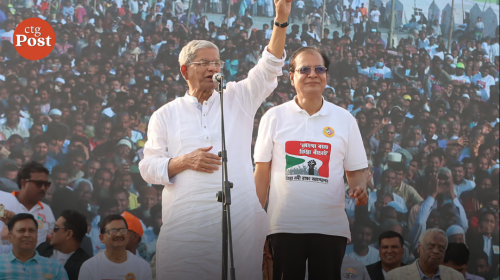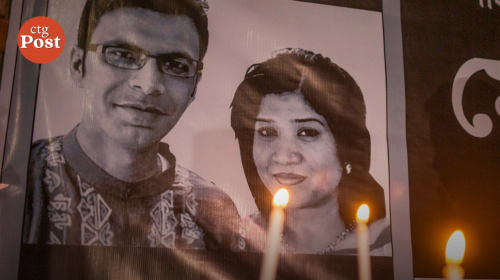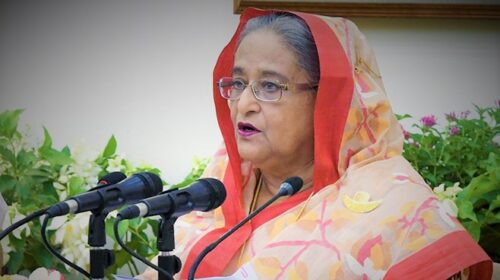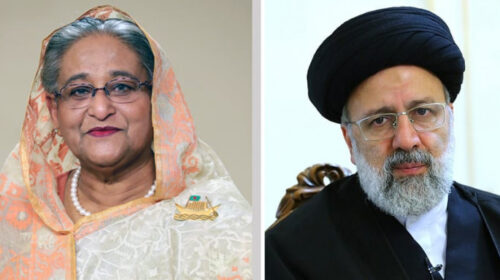The National Parliament on Thursday (November 2) passed the ‘Bangladesh Labour (Amendment) Bill, 2023’ with a provision of increasing the maternity leave to 120 days from 112 days (16 weeks).
State Minister for Labour and Employment Begum Mannujan Sufian moved the bill which was unanimously passed in the House with Deputy Speaker Advocate Shamsul Huq Tuku in the chair.
Demand for seeking public review and several numbers of amendments on the proposed bill raised by the opposition lawmakers were rejected by the voice votes.
The ‘Bangladesh Labour (Amendment) Bill, 2023’ was placed in the Parliament on Sunday (October 29). On that day, the bill was sent to the respective parliamentary standing committee for scrutiny. The parliamentary watchdog had been asked to provide report within three days. The committee, however, placed the report in the House.
As per the amended law, a female worker can avail 16 weeks as maternity leave— eight weeks before the birth of a baby and eight weeks after the birth of the baby. The leave has been made 120 days in the proposed law. A woman can enjoy the leave at her convenient time before or after the delivery of the baby.
Besides, the condition for formation of a trade union was eased in the ‘Bangladesh Labour (Amendment) Act, 2023’.
To form a trade union, the signatures of 15 per cent workers are required in a company having over 3,000 workers and the signatures of 20 per cent workers are needed in a company having less than 3,000 workers at the company. As per the existing law, 20 per cent signatures are required in both cases.
As per the ‘Bangladesh Labour (Amendment) Bill, 2023’, the decision of the Labour Appeal Tribunal can be challenged in the Appellate Division not in the High Court as the tribunal is headed by an HC judge.
The bill will become a law after the President signs it.
The government had taken the initiative of amending the ‘Bangladesh Labour Act, 2006’ again in order to address the specific labour issues, including freedom of association and rights to collective bargaining.
Trade union leaders, labour law experts, labour rights activists and civil society representatives have been demanding for amendment to the labour law.
The Ministry of Labour and Employment had formed a tripartite committee to amend the labour law as per the suggested actions on labour rights provided by the European Union (EU).


















